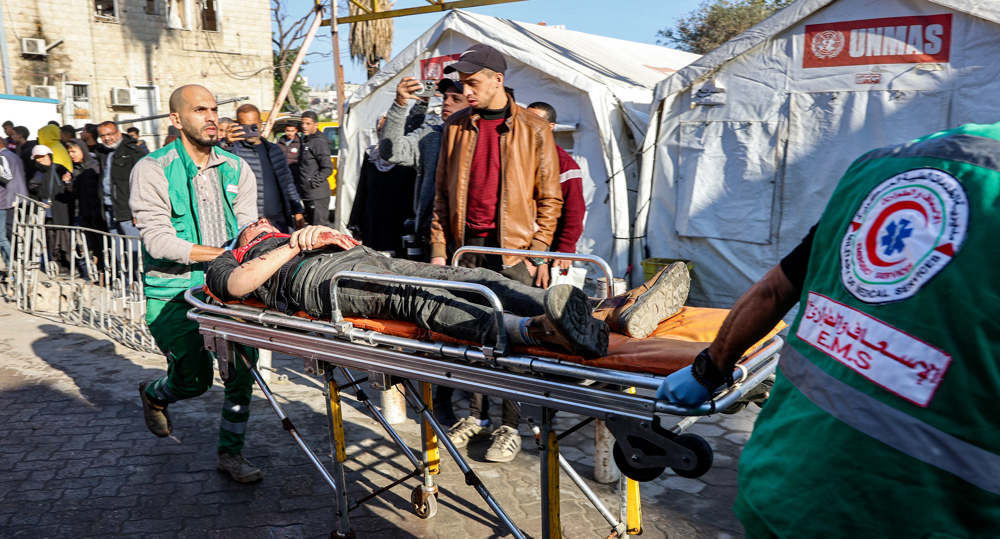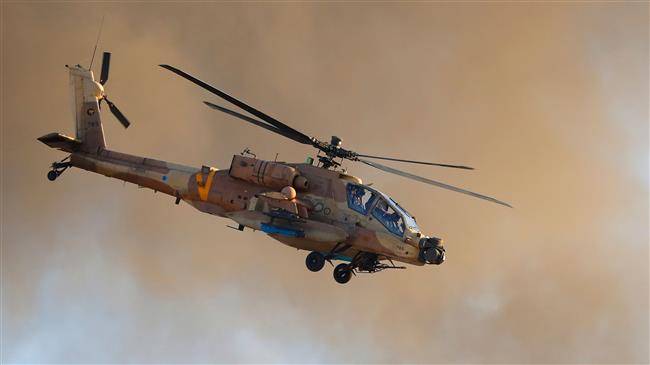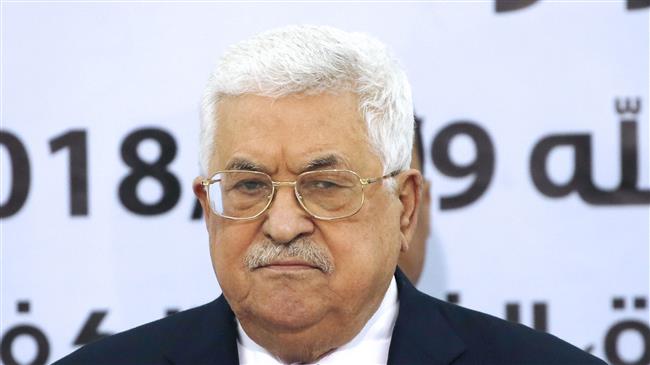Hamas reclaims Egypt-Gaza Rafah crossing as PA staffers withdraw: Officials
Employees of the Palestinian Islamic resistance movement Hamas have retaken control of the Rafah Crossing between the besieged Gaza Strip and Egypt after the Palestinian Authority (PA) withdrew its own staffers from the important gateway, officials say.
The resistance movement took control of the crossing in a bid “to avoid a vacuum,” AFP quoted a Hamas border official, speaking on condition of anonymity, as saying on Monday.
Furthermore, Hamas officials were seen at the border crossing’s main gate and inside accompanying offices in southern Gaza Strip on Monday, AFP reported.
The development came just a day after the PA’s civil affairs authority accused Hamas in a statement, cited by official Palestinian news agency WAFA, of “summoning, arresting and abusing our employees.”
The PA, led by Palestinian President Mahmoud Abbas, added that “hampering [of] their work and tasks” by Hamas ultimately led the authority to the conclusion that the presence of its staffers at the Rafah Crossing had been “futile.”
Rafah, the sole crossing point between Egypt and blockaded Gaza, was closed on Monday due to the Orthodox Christmas holiday. However, it was not clear whether it would reopen as scheduled on Tuesday.
Meanwhile, Hamas’ Interior Ministry Spokesman Iyad al-Bozum said that the resistance movement “will protect the interests of our people.”
The Fatah party, led by President Abbas, and Hamas have been at odds ever since the latter scored a landslide victory in Palestinian parliamentary elections in 2006. Since 2007, Hamas has been governing Gaza while Fatah has been based in the autonomous parts of the Israeli-occupied West Bank. The two rival Palestinian factions finally agreed on a unity government in April 2014, but it fell apart months later.
However, the PA took control of Rafah in November 2017, as part of a deal for Egypt to reopen a border that had been completely closed from August that year and largely sealed for years before that. Cairo has allowed the crossing to be open regularly since August 2018, providing a lifeline to desperate Gazans.
The Israeli Prime Minister Benjamin Netanyahu has already said that he would put his stamp on the Fatah-Hamas reconciliation only if Hamas recognizes Israel, cuts ties with Iran, and disbands its military wing, known as the Ezzedine al-Qassam Brigades, and its estimated 25,000 fighters, who have defended Gaza against three deadly Israeli wars over the past decade.
Israel has imposed movement restrictions on the Gaza Strip since the early 1990s. Restrictions intensified in June 2007 when Tel Aviv imposed a land, sea and air blockade on Gaza, citing security concerns.
Back in July last year, Tel Aviv also restricted the fishing area for Gazans to just three nautical miles as part of punitive measures against them over the launch of incendiary balloons from the Palestinian coastal enclave into the occupied territories as part of ongoing protests against the decades-long Israeli occupation.
Over the past few years, Israeli troops have also carried out over a hundred assaults on Palestinian boats, arresting dozens of fishermen and confiscating several boats.
Around two million Palestinians in Gaza remain locked in and are prevented from having free access to the remainder of Palestine and the outside world. The blockade has also undermined the living conditions in the coastal enclave and fragmented its economic and social fabric.
‘All wars have rules. All of those rules have been broken’ by Israel
VIDEO | Report flags India’s violation of rights of Rohingya detainees
Turkey's foreign minister meets Syria's de facto leader in Damascus
'Next to impossible' to rescue patients from Gaza's Kamal Adwan Hospital: Director
VIDEO | Vietnam current prosperity
Report blames gasoil exports for shortage at Iranian power plants
VIDEO | Hind Rajab Foundation names Israeli war criminals vacationing after Gaza genocide
VIDEO | Australians rally for Gaza ahead of Christmas festivities


















 This makes it easy to access the Press TV website
This makes it easy to access the Press TV website